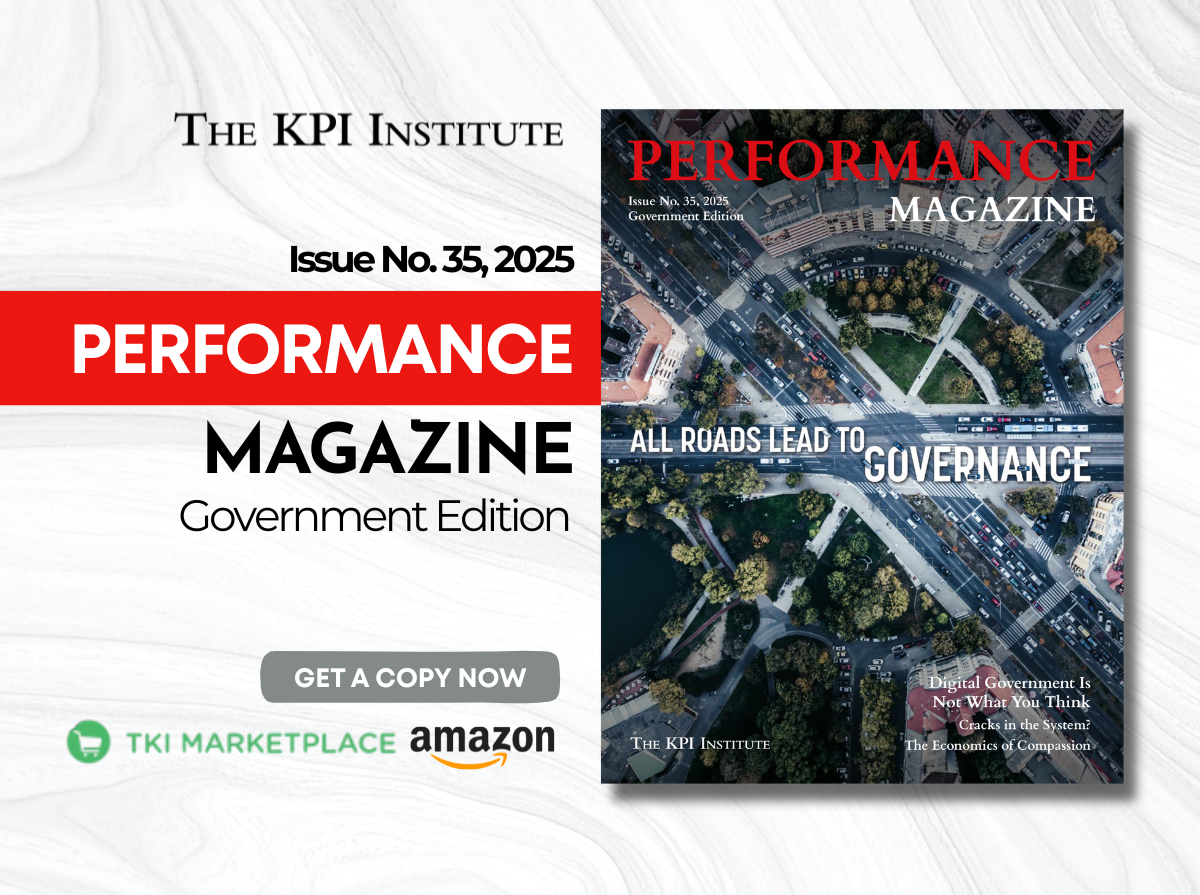Sustainability Standards and KPIs As Game Changers [Excerpt]

Editor’s Note: Below is an excerpt from the article “Sustainability Standards and KPIs As Game Changers,” written by Silvana Badita and published in the latest edition of Performance Magazine. It presents trends, solutions, and best practices for strategy and performance management through in-depth articles, first-hand how-to’s, concept presentations, case studies, and expert insights.
Companies can no longer afford to ignore sustainability. It is not just a trend but a major factor that drives where most businesses are headed. According to Globescan’s The State of Sustainable Business 2019, reputational risks, consumer demand, investor interest, operational risk, and employee engagement are some of the catalysts behind the sustainability efforts of most organizations.
Manufacturing is one of the industries that are pressured to realign their activities with the mounting call for sustainability practices. Sustainable manufacturing refers to developing products with minimal negative environmental impacts and maximum contribution to the conservation of natural resources. These products are expected to be economically sound and safe for employees, communities, and consumers.
Sustainable manufacturing aims to reduce the intensity of materials use, energy consumption, emissions, and unwanted byproducts while maintaining or improving the value provided for society and organizations.
Some relevant key performance indicators that are often considered when evaluating the sustainability of manufacturing companies are:
- Environmental performance KPIs, such as: # Air emissions, % Energy utilization, % Hazardous waste etc.
- Economic performance KPIs: % Product reliability, % Conformance to specifications, $ Material cost, % Labor cost etc.
- Social performance KPIs: % Occupational health and safety, % Turnover rate, % Supplier commitment etc.
Sustainability standards are observed to ensure quality, transparency, compliance, and results in terms of making organizations accountable for their economic, environmental, and social performance.
The GRI Standards
Among the internationally renowned frameworks is the Global Reporting Initiative’s (GRI) Sustainability Reporting Standards. The GRI Standards consist of Universal Standards, which apply to all organizations and report on human rights and environmental due diligence, the new Sector Standards for sector-specific impacts, and the Topic Standards that come with the revised Universal Standards and relate to a particular topic.
Their vision is to create a sustainable future enabled by transparency and open dialogue about impacts. In this regard, they are a provider of the world’s most widely used sustainability disclosure standards.
With GRI Standards, companies can publicly present the outcomes of their activities in a structured way. This allows their stakeholders and interested parties to better see their status of how they are responding to calls for sustainability. GRI Standards can be used by any type of organization, whether large or small, public or private, or from any location or industry.
Discover how Daimler, the world’s biggest manufacturer of commercial vehicles, developed its sustainability report using the GRI Standards. Read the rest of the article in the latest edition of Performance Magazine Download your FREE COPY now!







